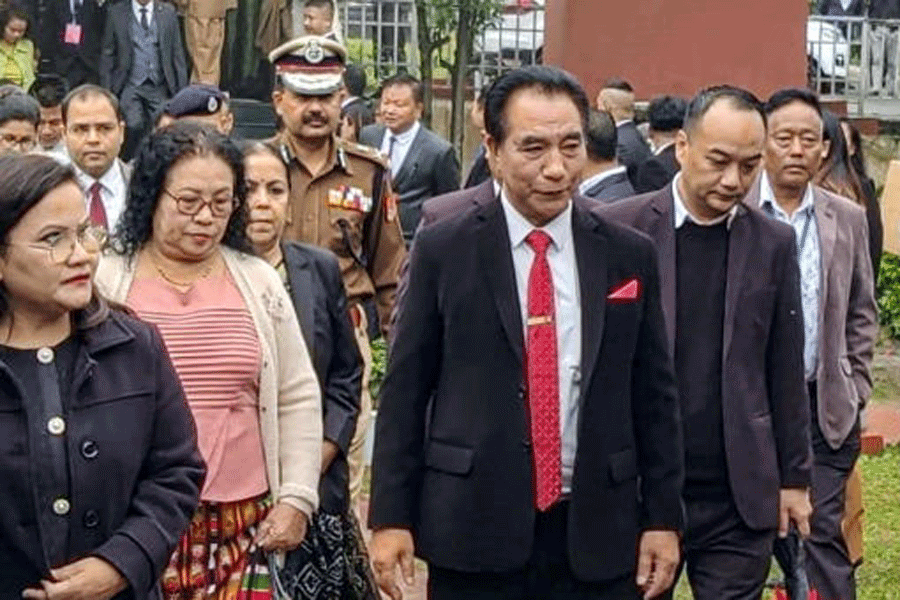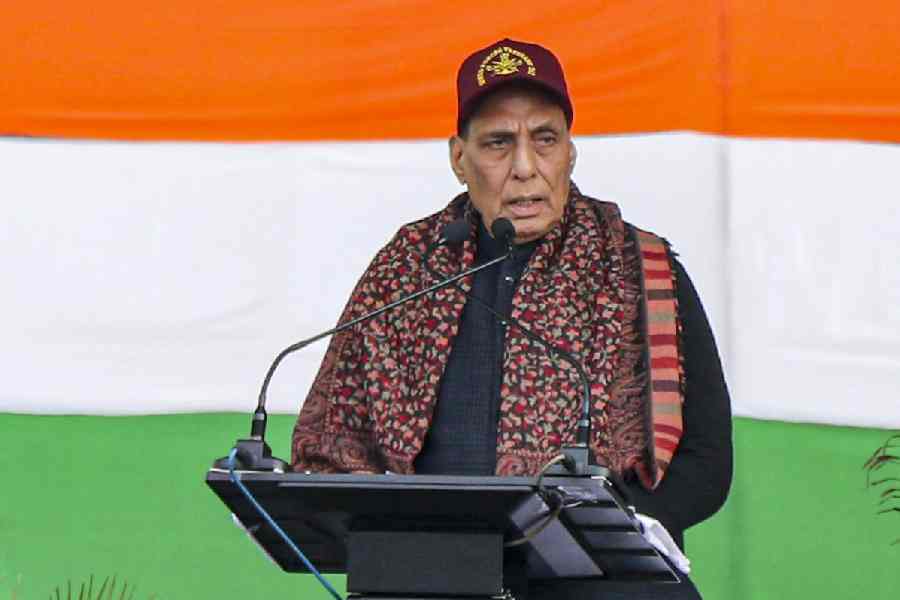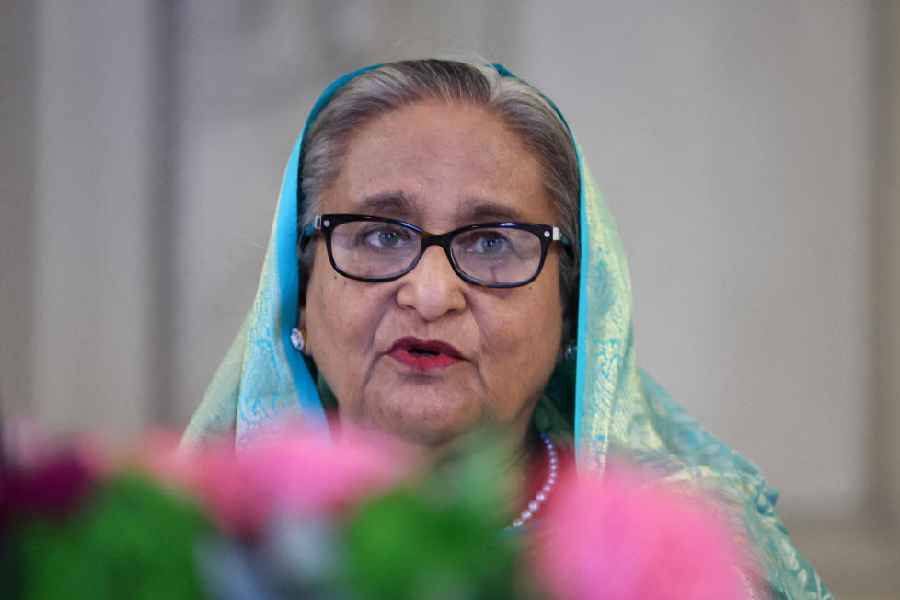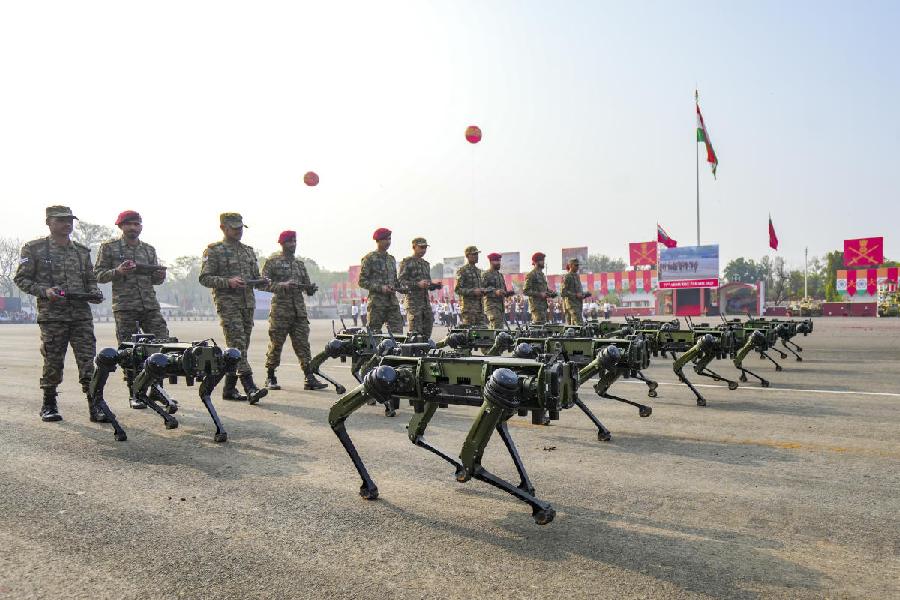June is a milestone month in Mizoram. The Mizoram Accord, the most successful peace pact in the country, which brought an end to one of the bloodiest insurgencies, was signed on June 30, 1986 and Remna Ni (day of peace) will be celebrated next Friday. While researching the genesis of the accord, a memorable nugget tumbled out. R.D. Pradhan, then the Union home secretary, was made to play interlocutor with Laldenga, the firebrand leader of the Mizo National Front, by the then prime minister, Rajiv Gandhi. June 27 was Pradhan’s birthday. He invited Laldenga to tea, told him that he would be retiring in three days and urged the Mizo insurgent leader to seriously consider arriving at a pact.
Laldenga returned on June 30, just as Pradhan was about to lay down office. In less than an hour, they sorted out their differences and cleared a draft. In recognition of his efforts, Rajiv Gandhi asked Pradhan to be a signatory to the Accord.
There was a third signatory to this tripartite accord — Pu Lalkhama, then chief secretary of Mizoram. When I met him in Aizawl for the Accord’s tenth anniversary, he had said: “The courage of Rajiv Gandhi and Laldenga in befriending each other should be an example for national leaders when they face difficult political issues. That the Accord brought about lasting peace and tranquility is also a measure of the political maturity of the people in this state.” When I spoke to the nonagenarian Lalkhama, the only living signatory, this week, he reiterated that there were clauses of the Accord yet to be implemented (rehabilitation of all returnee insurgents and border trade with Bangladesh, for instance). “The MNF fulfilled all the requirements of the Accord, namely, to abjure violence and surrender all arms, come overground and not assist rebels elsewhere in the Northeast. It agreed to accept the Constitution and acknowledge Mizoram as an integral part of India. The Centre, however, fulfilled the terms in letter, but not in spirit,” he said.
Lal Thanhawla, the longest-serving chief minister of the state for five terms (1984-1986, 1989-1993, 1993-1998, 2008-2013, and 2013-2018), had to step down to make way for Laldenga. Speaking from Aizawl on Monday, he said: “The Accord is successful because 20 years of insurgency brought about untold misery on the peace-loving Mizos. The army operation against the MNF insurgents severely impacted the Mizo people. When the Accord was signed, after voluntary sacrifice by the ruling Congress government, the people, including those underground, were overjoyed. It was an overwhelming celebration of peace and harmony” and ensured the hallmarks of development.
Mizoram’s new chief minister, Lalduhoma, a former IPS officer, says that he was also a facilitator in the peace process. “Shortly after the movement began, Laldenga acknowledged that independence from the Union of India was an unattainable goal. The people of Mizoram also realised that achieving independence through such a movement was unrealistic. Consequently, they urged Laldenga to seek a settlement with the Government of India. Observing the changing attitudes among the movement’s leaders and hearing the Mizo people’s call for peace, the prime minister and chief minister of Mizoram requested that I resign from my job in 1984 to pursue a successful peace process,” Lalduhoma told me.
In his book, Lest We Forget, L.R. Sailo, the former regional director of the Indian Institute of Mass Communication, Aizawl, says this was “the only insurgency in the world that ended with the stroke of a pen.”
On a warm June night 38 years ago, people thronged the streets of Aizawl chanting “mauna, mauna (peace, peace)”, church bells pealed and security personnel fired rockets in celebration. This June, may the residual hopes find fruition.











